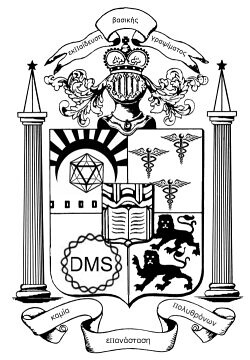To present an item from The Guardian's series "Bad Science."
One of the things that happens when you're a science graduate is that people always ask about these things - is red wine good? Why? What about white? How about chocolate? Of course, I haven't read the paper, so the honest answer is, "I don't know."* This is an extremely difficult answer to give when you've just spent the last half hour hearing about baseball stats, or that one time that this one guy got, like, so trashed, and you know that if you don't take the bait, it's right back into the box scores, or...
My urge is to bash anything too radical, mostly because it's unlikely to have been reported correctly, or to be a poor trial design (one that's small or doesn't consider alternate hypothesis that are more reasonable, e.g. children with MS are unlikely to have younger siblings because the parents are too busy dealing with the sick child to produce or care for another child). Of course, my cavalier treatment does cause the appearance that scientists are high priests flinging rhetorical missiles at one another, based on totally arbitrariness etc. etc.
One of my teachers at Norbert U, a lab instructor, told me not to get a PhD. She said there were too many of them and that I should instead take up science writing. I guess that means that if my work is incorrectly portrayed, I have only myself to blame.
*In fact, I barely read the abstracts linked to above. They're simply some of the first abstracts that came up on PubMed
I originally clicked over to the Bad Science post because of a post on: Instapundit
Subscribe to:
Post Comments (Atom)

No comments:
Post a Comment